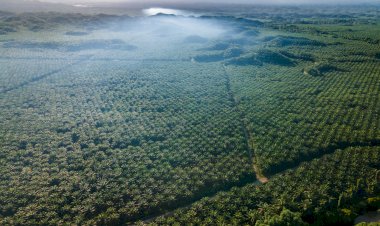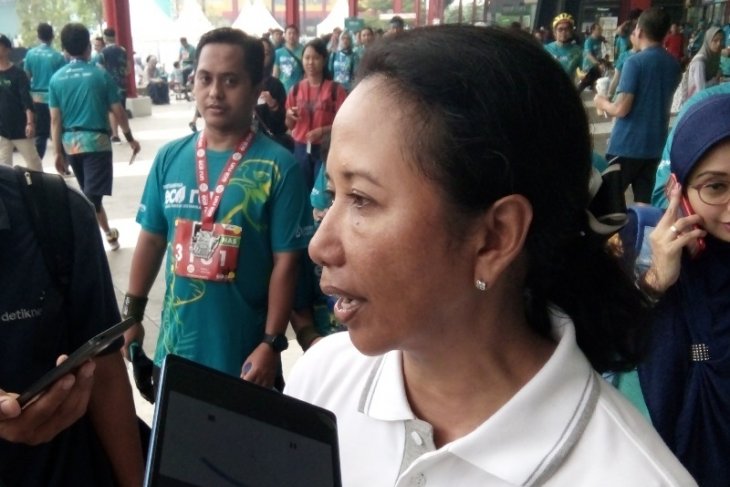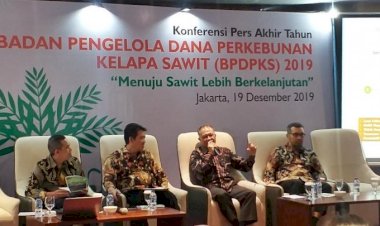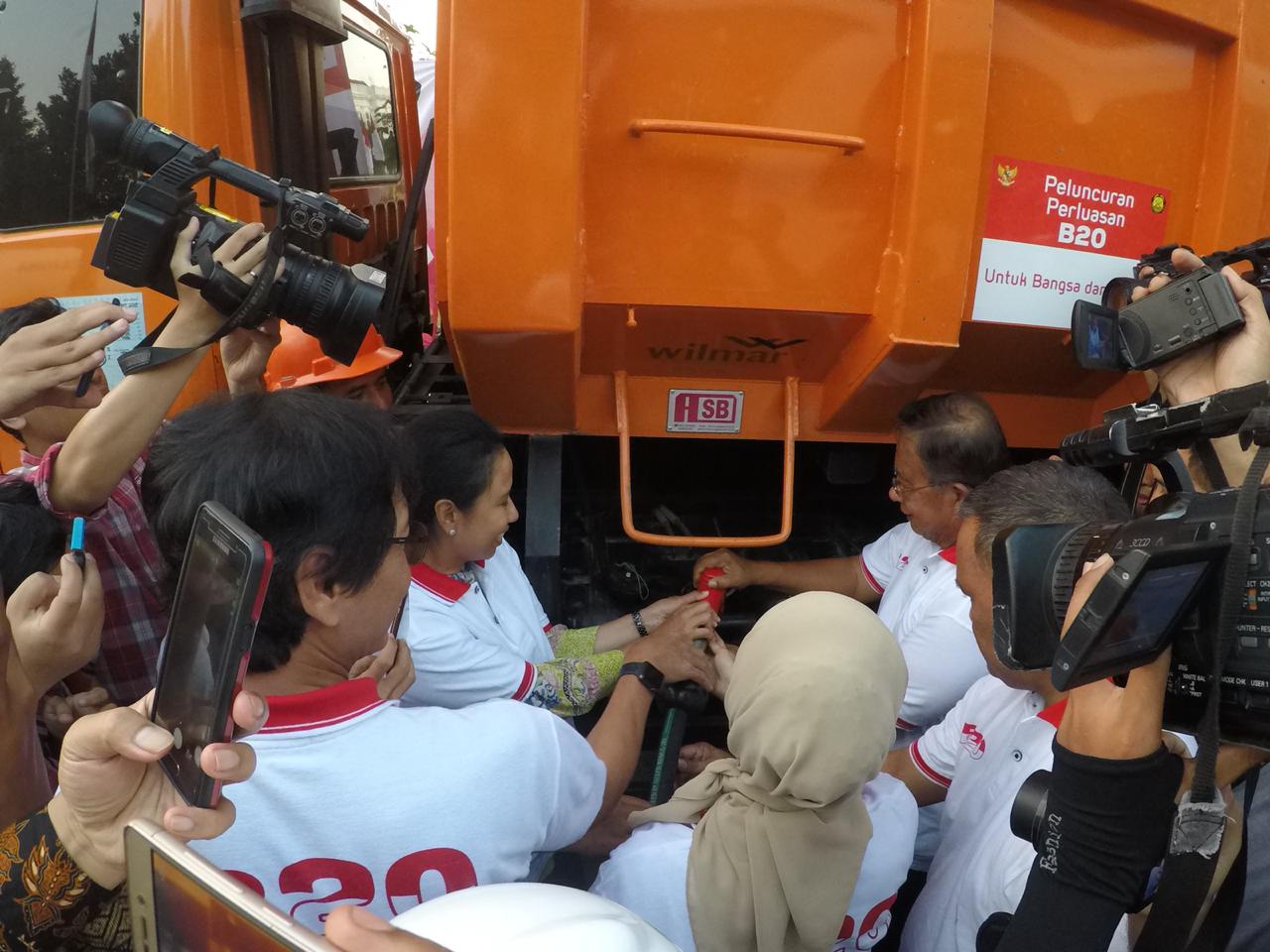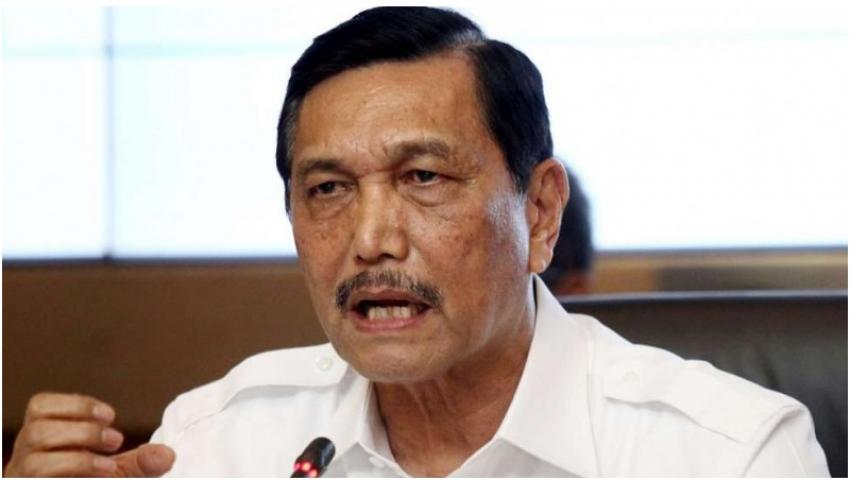Indonesia Wins Lawsuit on Palm Oil Ads in France
The government of Indonesia won a lawsuit over the Indonesian palm oil advertisement in Lyon, France.
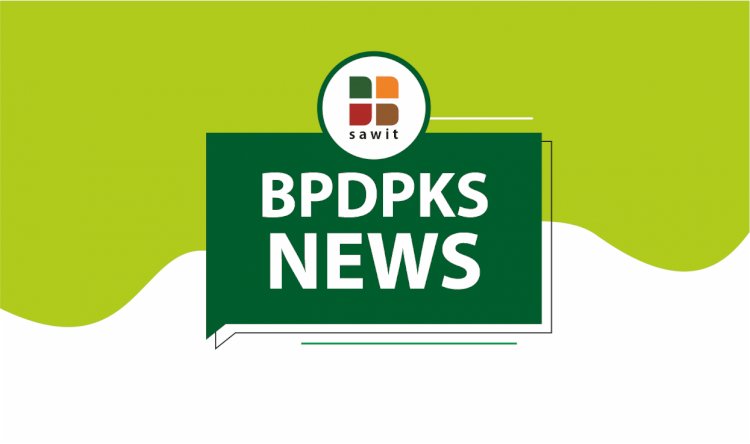
The government of Indonesia won a lawsuit over the Indonesian palm oil advertisement in Lyon, France. This is the conclusion stated in the official decision by the French advertising ethics committee (Jury de Deontologie Publicitaire/JDP) on June 15, 2018. Thus, the advertisement of Indonesian palm oil published by the Indonesian Trade Promotion Center (ITPC) in Lyon has assuredly not violating any rules. In a press statement (26/6/2018), the Ministry of Trade’s Director General of Foreign Trade Oke Nurwan said the JDP’s decision is a legitimate victory. `The result of the JDP decision is a legal victory for Indonesia, their decision does not agree with the complain claiming that the Lyon ITPC advertisement is incorrect and unfounded,` said Oke Nurwan. With this victory, the Government of Indonesia has succeeded in maintaining the image of Indonesia`s palm oil as a getting more sustainable and environmentally friendly product. However, the Minister of Trade of the Republic of Indonesia Enggartiasto Lukita forewarns to remain vigilant in safeguarding Indonesian palm oil. `Indonesia should still be prepared for further steps that the EU may take to prevent the re-entry of palm oil to the European market,` said Minister Enggar. Late last year, Lyon ITPC published an advertisement carry the message that L`huile de palme information Indonésienne est plus durable et plus écologique or `Indonesia`s palm oil is more sustainable and more environmentally friendly`. The advertisement of palm oil is reported to JDP. The complainant filed that this statement in the advertisement is untrue and unfounded. The rolling case culminated to a hearing session, June 1, 2018. During the hearing, the Indonesian delegation was led by the Director of Trade Security of the Ministry of Trade, Pradnyawati. The Indonesian delegation consisted of representatives of the Embassy of the Republic of Indonesia, representatives of the Indonesian Palm Oil Entrepreneurs Association (GAPKI), and the Secretariat of Indonesia Sustainable Palm Oil (ISPO). The conclusion made by JDP are, first, the JDP outlines the data and documents submitted by ITPC Lyon during the examination indicating the evolution of legislation and certification of palm oil production in Indonesia. This leads to a more sustainable and more environmentally friendly palm oil production. However, the information is not clearly stated in the ad. Secondly, the complaint is not part of the JDP decision. Thus, it can be concluded that the JDP agrees substantively that Lyon ITPC’s advertising does not violate the rules of the use of sustainable development terminology. `The legal counsel of the Government of Indonesia sees that the JDP does not consider the advertisement misleading or incorrectly, as alleged by the reporting party. In this case, the JDP does not reject the substance or content of the ad, ` Oke added. However, one of the JDP`s decisions on the Indonesian palm oil advertisement is to clarify the message. On the first point, the advertiser must indicate in the advertisement the quality of the activity or the product claimed. The second point, if explanation is required, it must be clear, concise, readable or audible, and must comply with the requirements of reference to the French advertising authority (de l`Aurhorite de regulation professionnelle de la publicite/ARPP). After the decision was read out, the Reporting Party and Reported Party are given 15 working days starting on 15 June 2018 to file an appeal before the decision is published on the JDP website. In November 2017, Lyon ITPC launched a poster campaign to raise consumer awareness about the progress of sustainable palm oil in Indonesia. The campaign is broadcast especially in the city of Lyon. The main purpose of this ad is to make French consumers aware of the progress of Indonesia`s sustainable and greener palm oil sector. Then on November 25, 2017, the JDP received a complaint over the ad. On December 8, 2017, the JDP Secretariat corresponded to Ilyon TPC to solicit data supporting the claim that Indonesian palm oil is more sustainable and more ecological. The letter was responded on January 9, 2018 and Lyon ITPC sent all the requested data to the JDP. On January 15, 2018, the Reporting Party chose to continue complaining. On February 14, 2018, Lyon ITPC received a letter from the JDP to have a hearing scheduled on March 16, 2018. The letter was responded by the Indonesian Embassy in Paris on 28 February 2018, requested the first suspension of case examination in order to deepen the issues and gather relevant data. In the meantime, due to the repositioning policies of the Indonesian trade representative offices abroad applied by the Minister of Trade of the Republic of Indonesia Enggartiasto Lukita, the official Lyon ITPC office was closed on 1 May 2018 and was immediately transferred to Istanbul, Turkey. Thus, the case was finalized by the Ministry of Trade of the Republic of Indonesia, the Indonesian Embassy in Paris, and the legal counsel of the Government of Indonesia until finally won by the Government of Indonesia. The government of Indonesia commits to continue fight against deforestation and global warming, one of which is by supporting sustainable and environmentally-friendly palm ol production. At the international level, Indonesia is a member of the Roundtable on Sustainable Palm Oil (RSPO) which established in 2004 and is responsible for defining sustainable palm oil and defining a certified sustainable palm oil (CSPO) system. In addition to that, Indonesia made a commitment to the European Union by 2015 through the European Sustainable Palm Oil (ESPO) project that helps improve compliance with certification standards as defined by RSPO. In 2011, Indonesia introduced ISPO certification, which also became an further initiative to ensure better supervision to the whole production cycle. This ISPO certification complements a panel of good management practices, such as Good Agricultural Practice, Good Manufacturing, ISO 9001, 14000, 2600 Standards and Occupational Health and Safety Management (SMK3). ***

